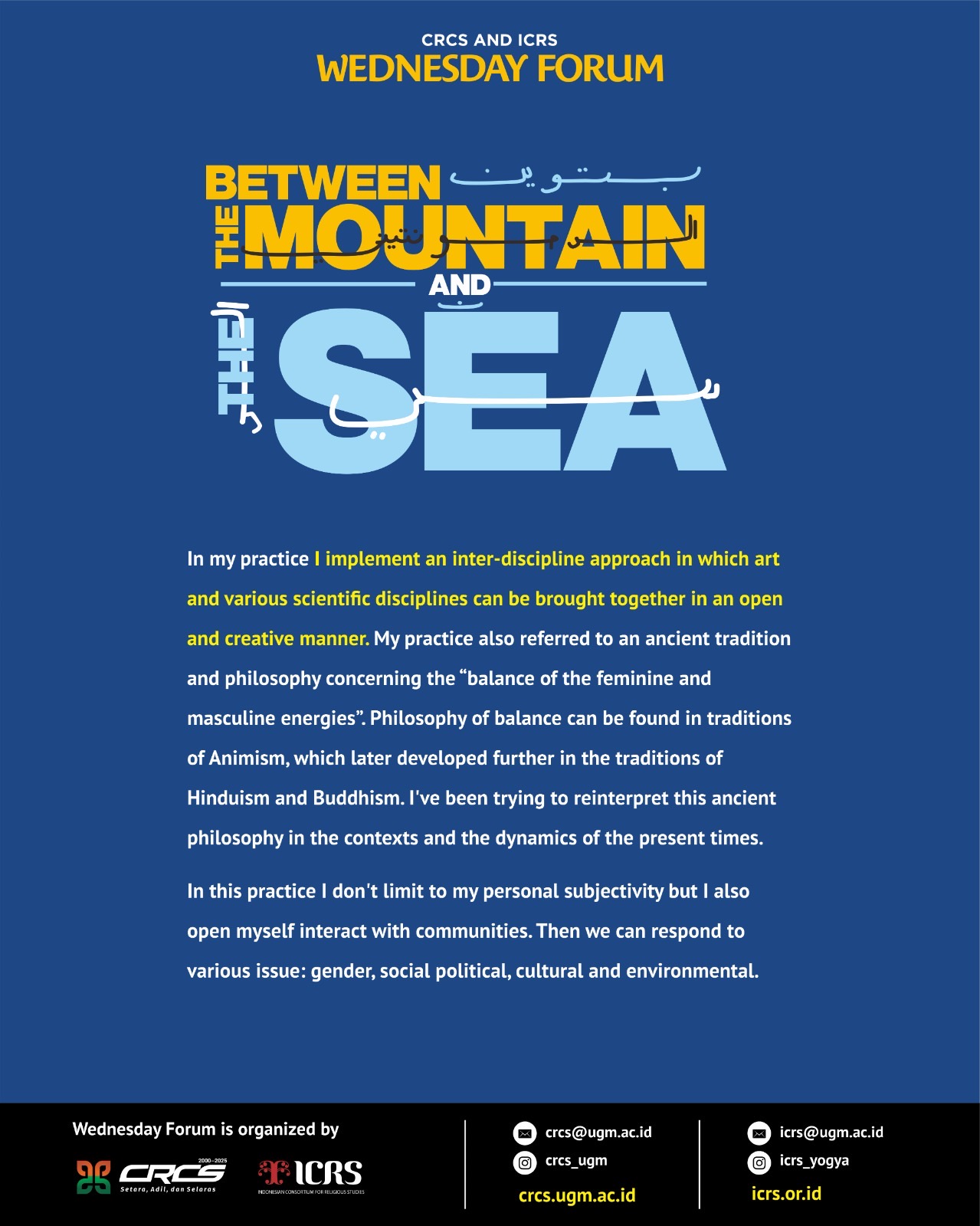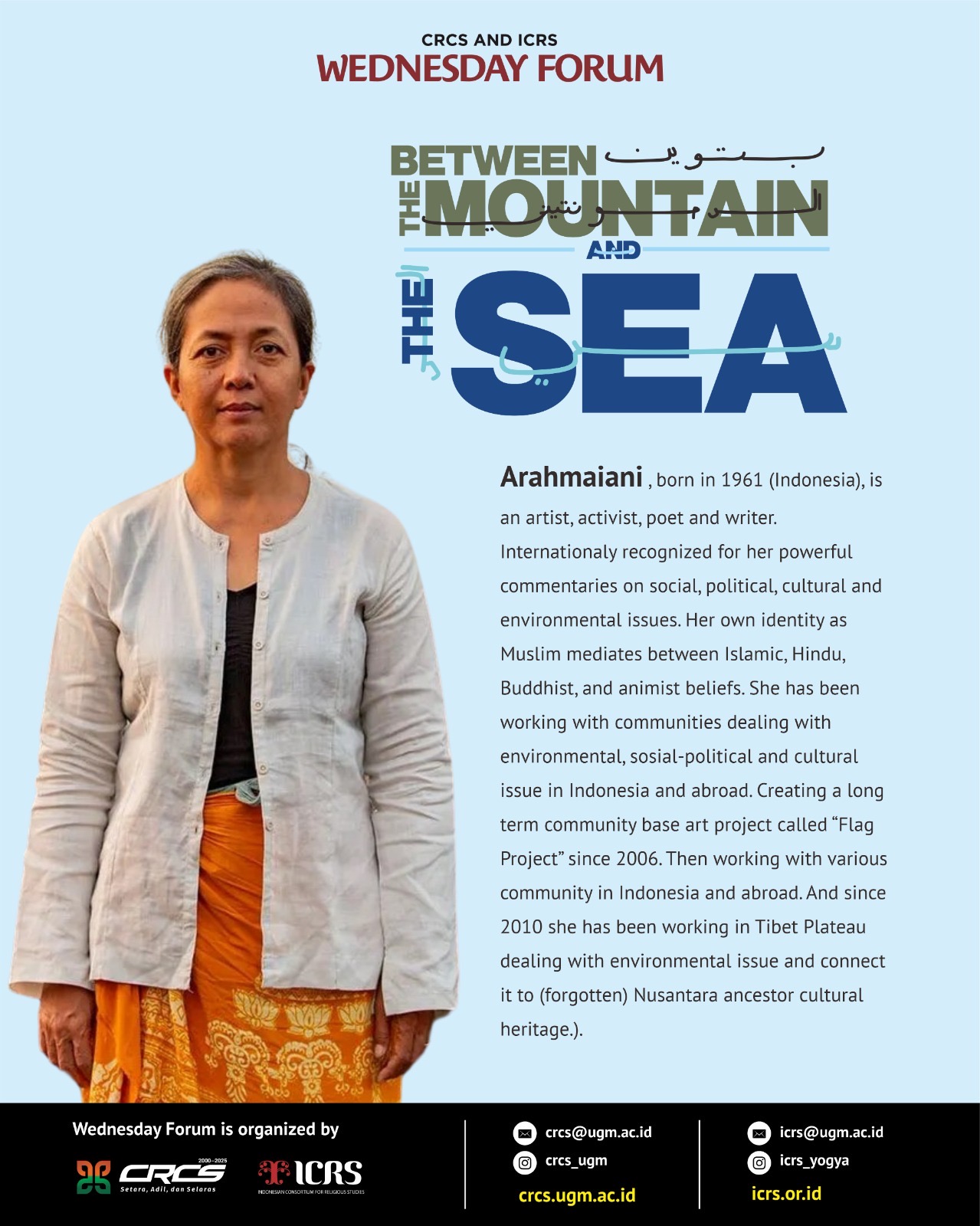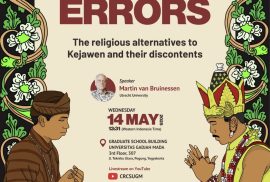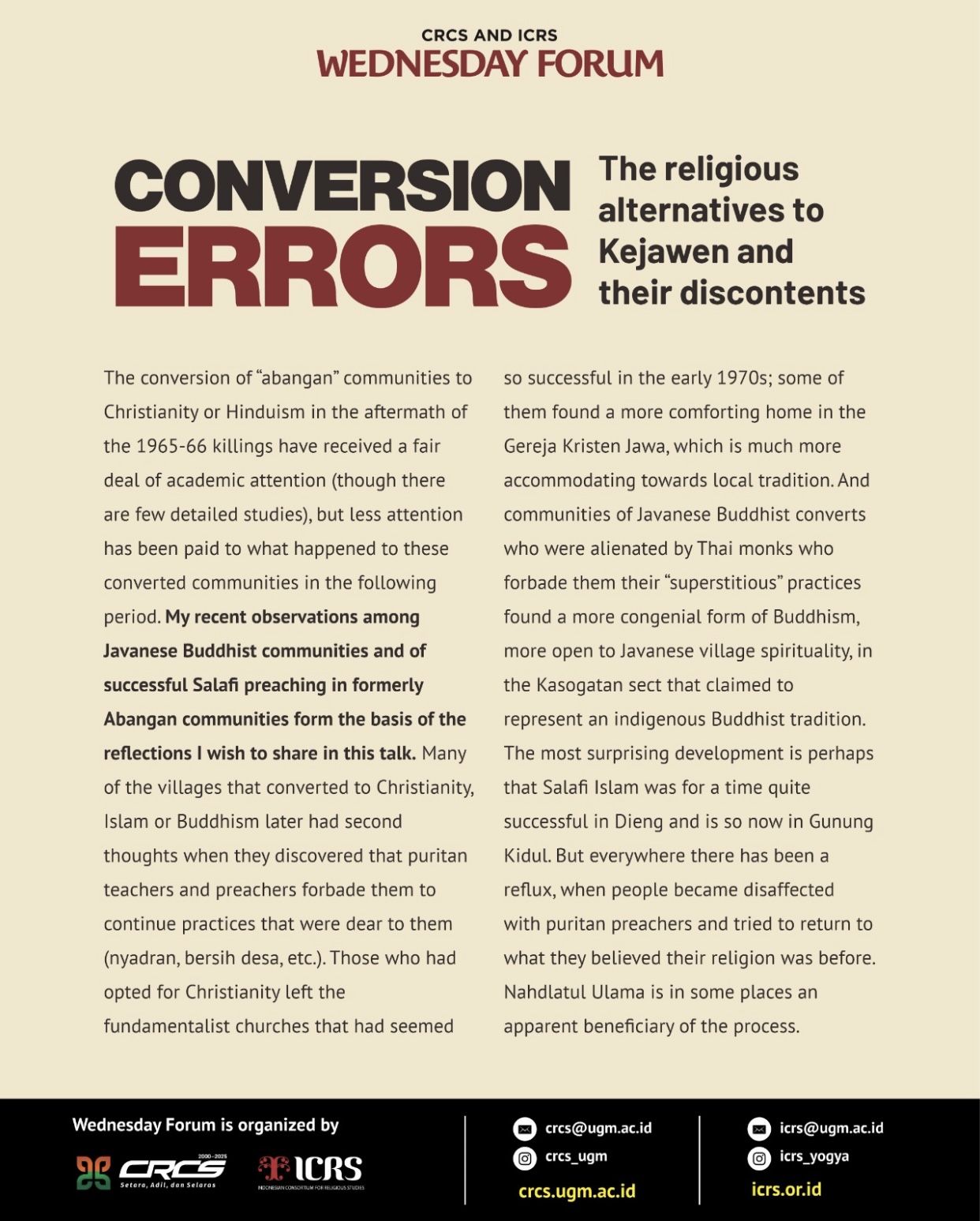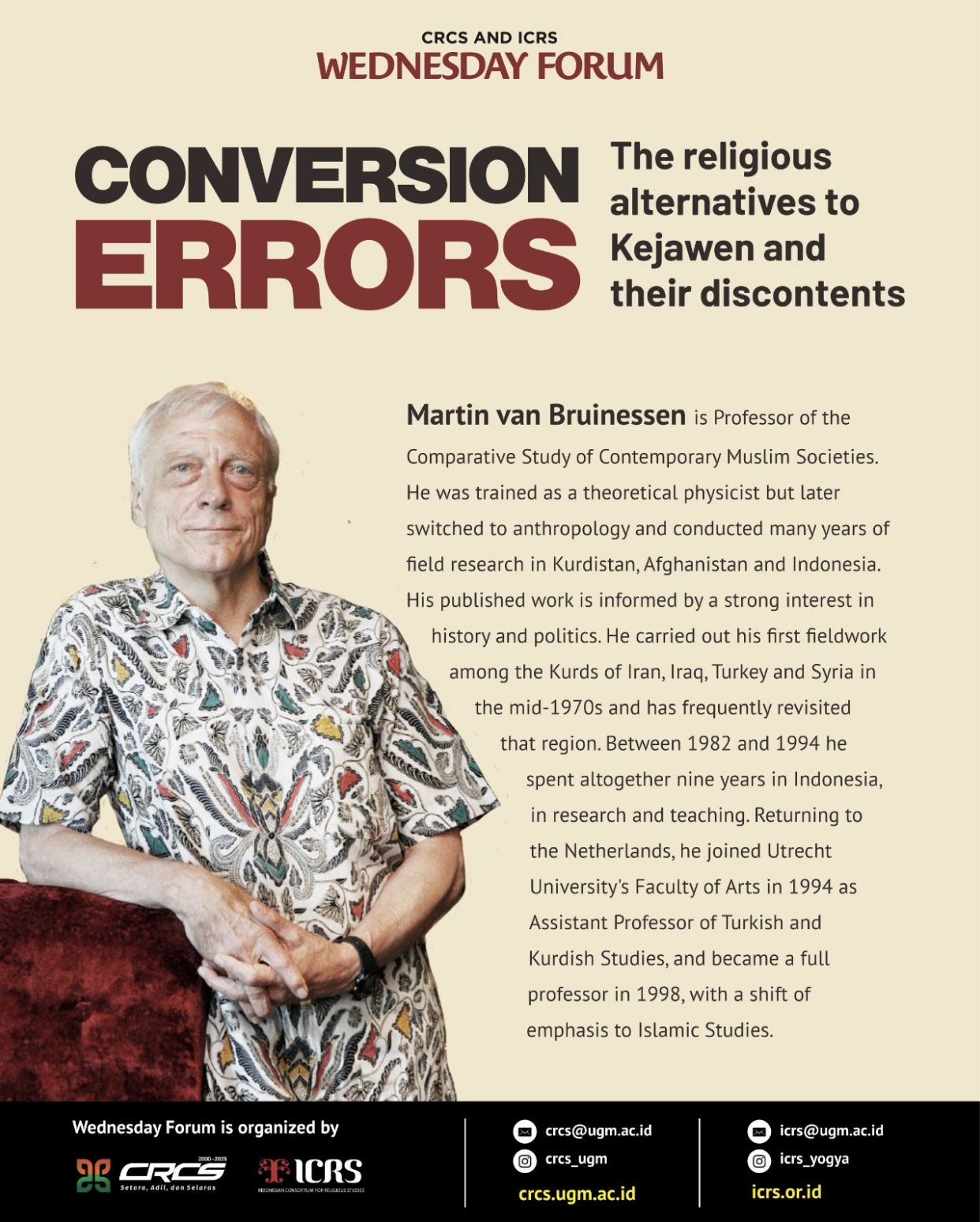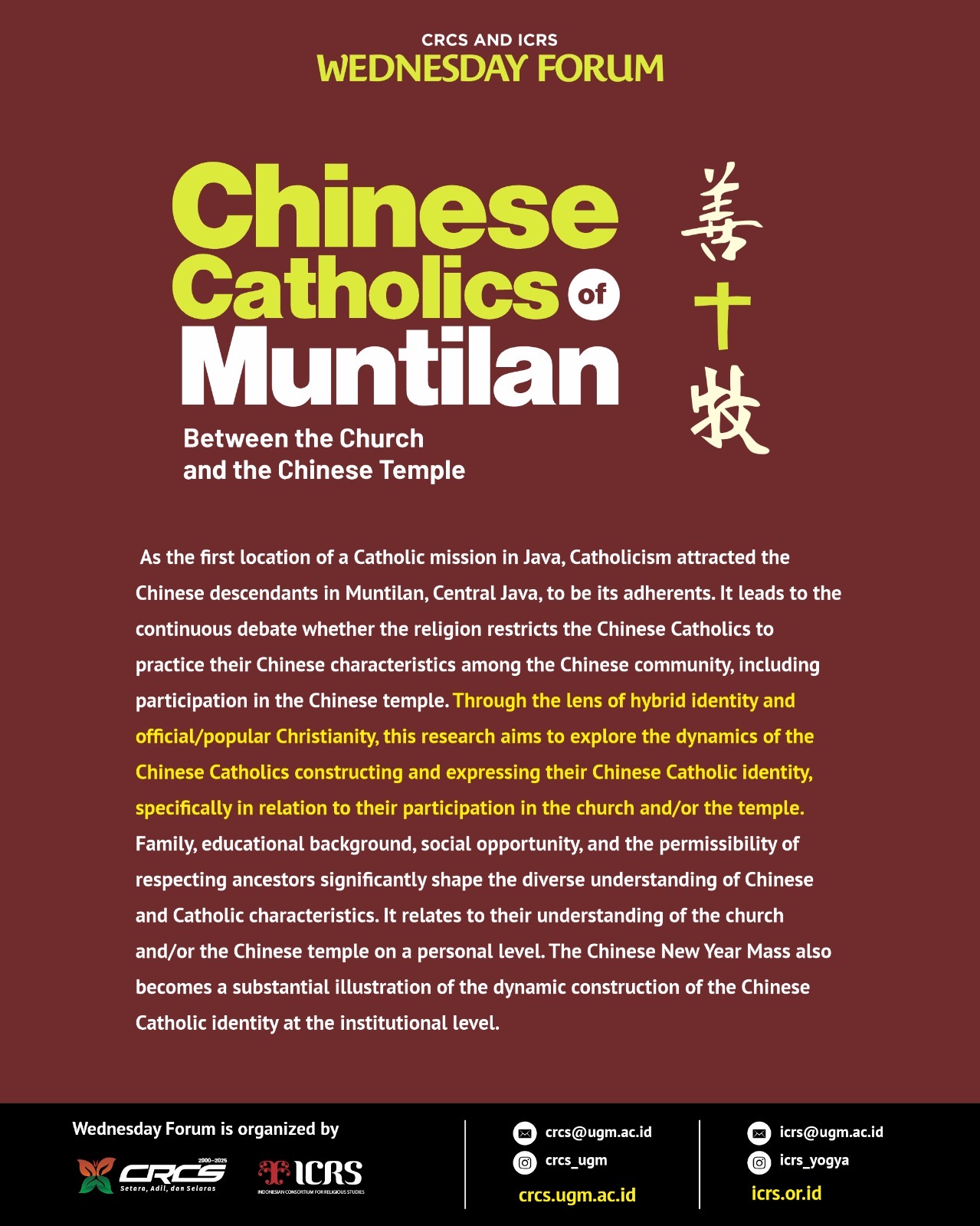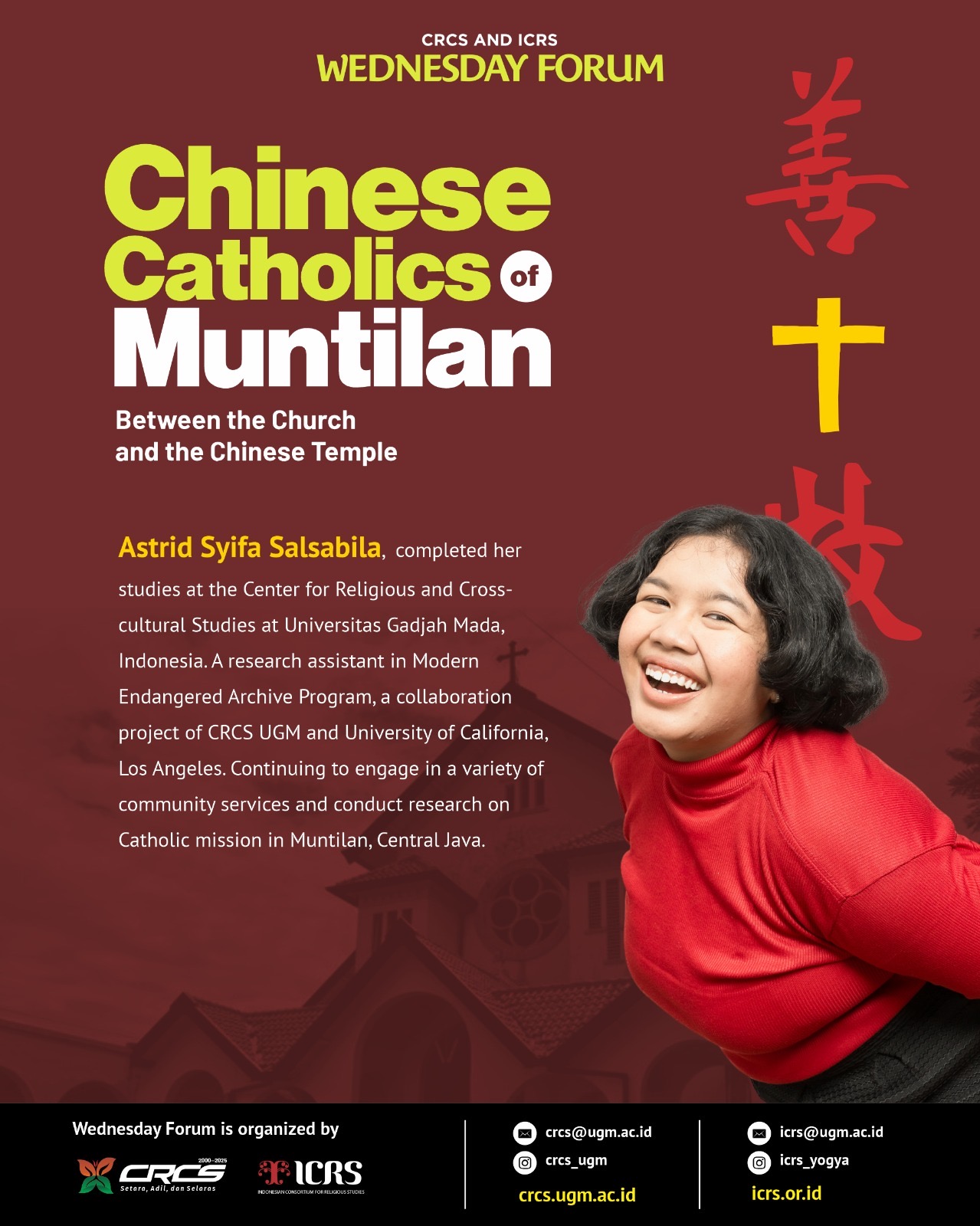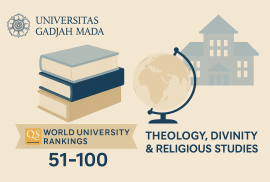Hanny Nadhirah
“Who gets to define Pancasila? Or more bluntly, siapa sih yang paling Pancasilais (who is the most Pancasilaist)? This question reminds us of Indonesia’s long history of monopolizing the interpretation of Pancasila, particularly under the Suharto regime, when it became an instrument of political control. Suharto’s famous claim, “Those who criticize me criticize Pancasila,” set the tone for silencing dissent and narrowing the space for diverse interpretations.
In response to this legacy and to reopen the conversation, a documentary film entitled “Pancasila is Me” was launched at the Unconference on Polarization and its Discontent in the Global South hosted by the Indonesian Consortium of Religious Studies (ICRS). Rather than offering a normative account of Pancasila’s importance of history, the film invites audiences to explore the multiple paradoxes that continue to shape its meaning in Indonesia’s evolving journey.





